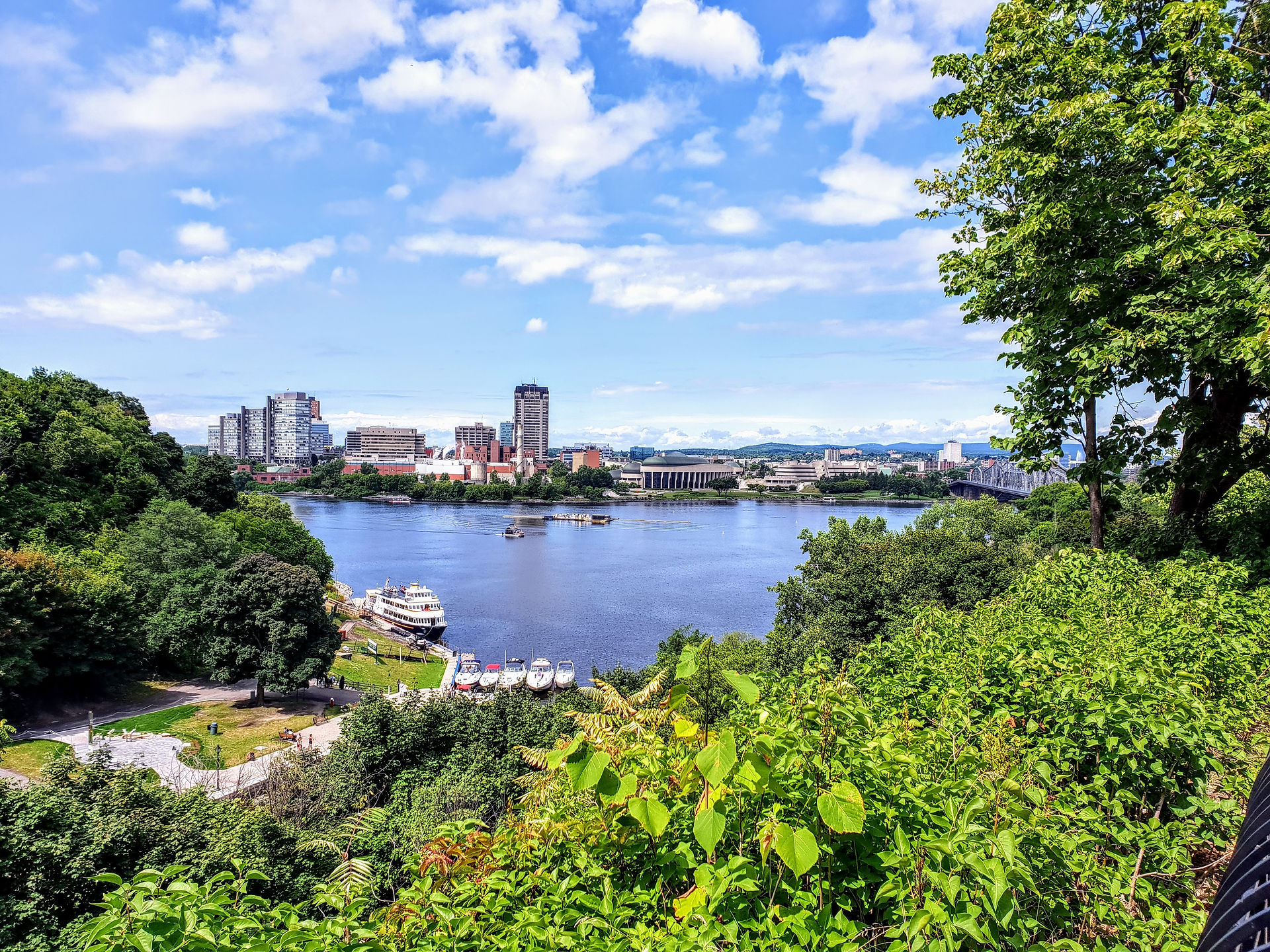
Naturalist or Not
It was a sweltering summer afternoon in the valley. The last time I had been to the swimming hole with my friends, we’d been children. The Ottawa River has always had a special place in my heart, as do my childhood friends from the small farming town where I was raised. I moved West at ten years old, and now at twenty, had found myself driving East to pursue my second year at university. I was majoring in Environmental Sustainability.
That day at the river we swam, dove, and laughed as we used to. This time, however, with a large case of PBR. I was laying peacefully on the rocks when one of my friends chucked his empty into the water. Instinctively, I jumped in to retrieve the can before it floated away. The deprecative expression on my face was unconcealed and as I reached the shore, Sam, who had launched the beer can, simply laughed and stated: “Yeah, but you’re a naturalist!”. Immediately the disapproval that I had internally felt, and outwardly portrayed, vanished. We all laughed once again but this time the laughter created an atmosphere where we could have a friendly and open discussion on the matter at hand.
We shared stories of growing up in such a small community and what the river meant to us. Tales of camping and canoeing trips, wakeboarding, ice-fishing, and skating in the winter, infused the air with vivid pictures. For many, kayaking and fishing were prominent activities. The accounts demonstrated the deep connection the river has had to these individuals throughout their lives. For those who grew up in the community, the river has always been a special place where they have spent time through the various stages of their lives. From childhood to adulthood; learning, growing and playing as they continuously discovered the natural world. In social settings, the river has acted as a space to gather for activities with family and friends. It provides a place to build relationships whilst enjoying beloved pastimes in a peaceful environment. Practically, the river has and continues to provide food security for families, many of who have been harvesting the bountiful surplus of fish for many generations.
I believe the conversations we shared that day impacted all of us in different ways. I don’t think my friend Sam will throw his empties into the water again, but it’s not because I patronized him with my own views and learned facts and ideas from my university courses. For me, it has impacted the way I think about environmental and social change, how we all have unique and shared experiences, and how perhaps these sorts of discussions, like the one at the river, are the best way for all of us to learn and understand how we and the natural world are entwined.
Submitted by: Zoe Robinson